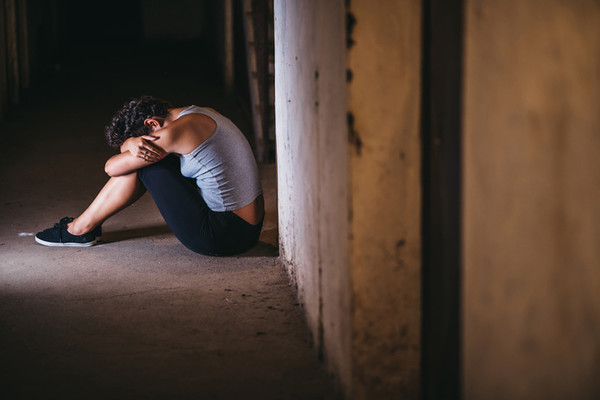A new study reveals that people with type 1 diabetes face twice the risk of suicide compared to non-diabetics and 1.8 times the risk compared to cancer patients.
Led by Professors Kim Jae-hyeon and Kim Gyu-ri of the Department of Endocrinology and Metabolism at Samsung Medical Center, the researchers analyzed National Health Insurance Service (NHIS) data from 2006 to 2020 to compare suicide risk among type 1 diabetes patients, cancer patients, and the general population, the hospital said on Monday.

(Credit: Getty Images)
The researchers selected 45,944 adults aged 19 and older who were diagnosed with type 1 diabetes between 2009 and 2015, had at least three insulin prescriptions within a year, and received additional insulin prescriptions within one to two years.
A comparison group of the same size, matched by age and gender, was established for those diagnosed with cancer during the same period as those with type 1 diabetes. Additionally, the baseline general population was matched by gender and age, with its size increased fivefold to reflect population characteristics.
The researchers found that the combined risk of suicide, considering both death by suicide and hospitalization for suicide attempts during the follow-up period, was 252.89 per 100,000 person-years in people with type 1 diabetes, 141.44 in people with cancer, and 129.6 in the general population.
To further refine the adverse effects of type 1 diabetes, relative risks were calculated by adjusting for factors such as age, gender, income level, residence, depression, cardiovascular disease, chronic lung or kidney disease, diabetes complications, and other factors that could increase suicide risk between the study groups.
The results showed that people with type 1 diabetes were twice as likely as the general population to attempt suicide, leading to hospitalization or death, and 1.8 times as likely as people with cancer.
While cancer is the leading cause of death in Korea, with people often exposed to more stress and treatments improving survival rates, there is no cure for type 1 diabetes. Additionally, the lifelong need for insulin injections makes the treatment process both physically demanding and psychologically burdensome.
The researchers believe this is due to patients' daily discomfort and the despair stemming from the lack of a cure.
Other studies previously reported by the team have shown that people with type 1 diabetes are four times more likely than the general population to abuse alcohol and drugs, three times more likely to develop depression, and 2.6 times more likely to develop personality and behavioral disorders.
“As a physician, it is heartbreaking to know that adult patients with type 1 diabetes are faced with the moment of giving up hope,” said Professor Kim Jae-hyeon. “We need to help them find hope through institutional support, such as the designation of severe and disabling diseases.”
The study was published in a recent issue of the Journal of Internal Medicine.